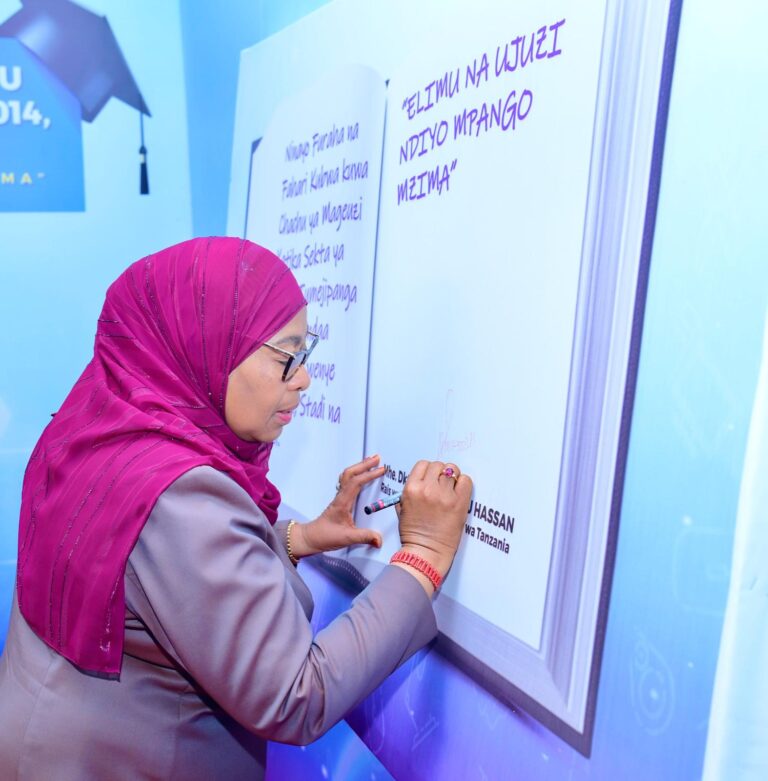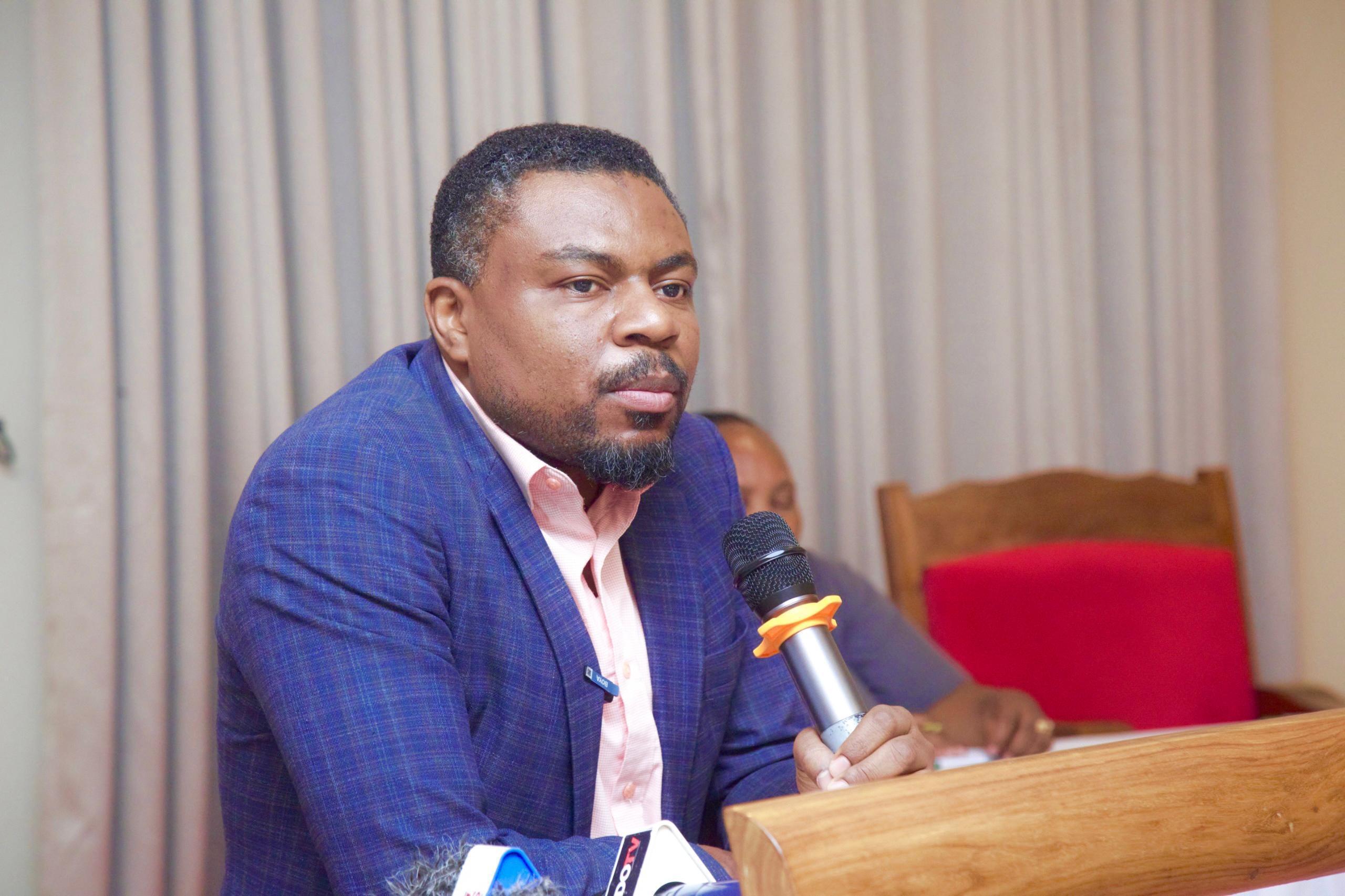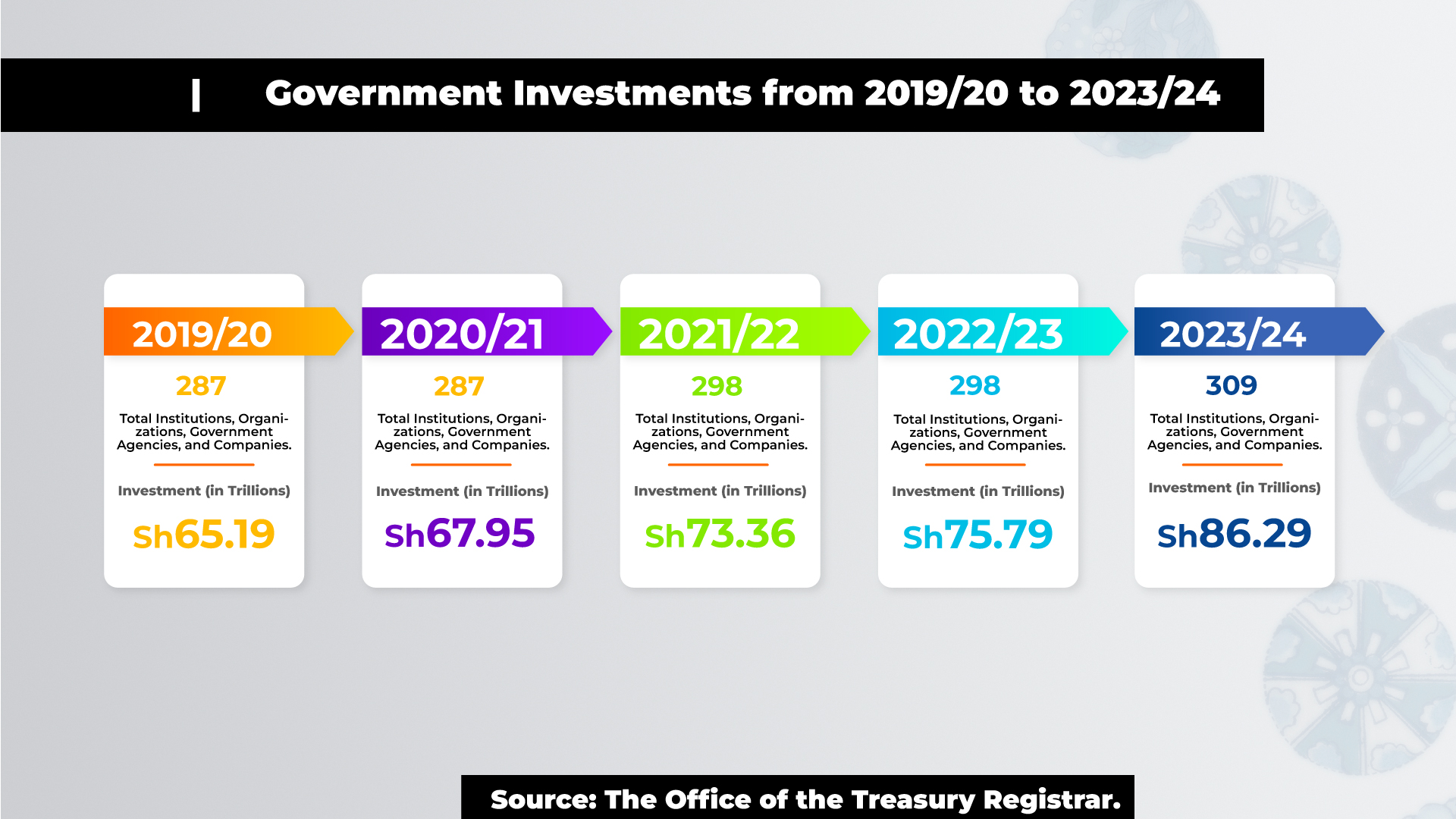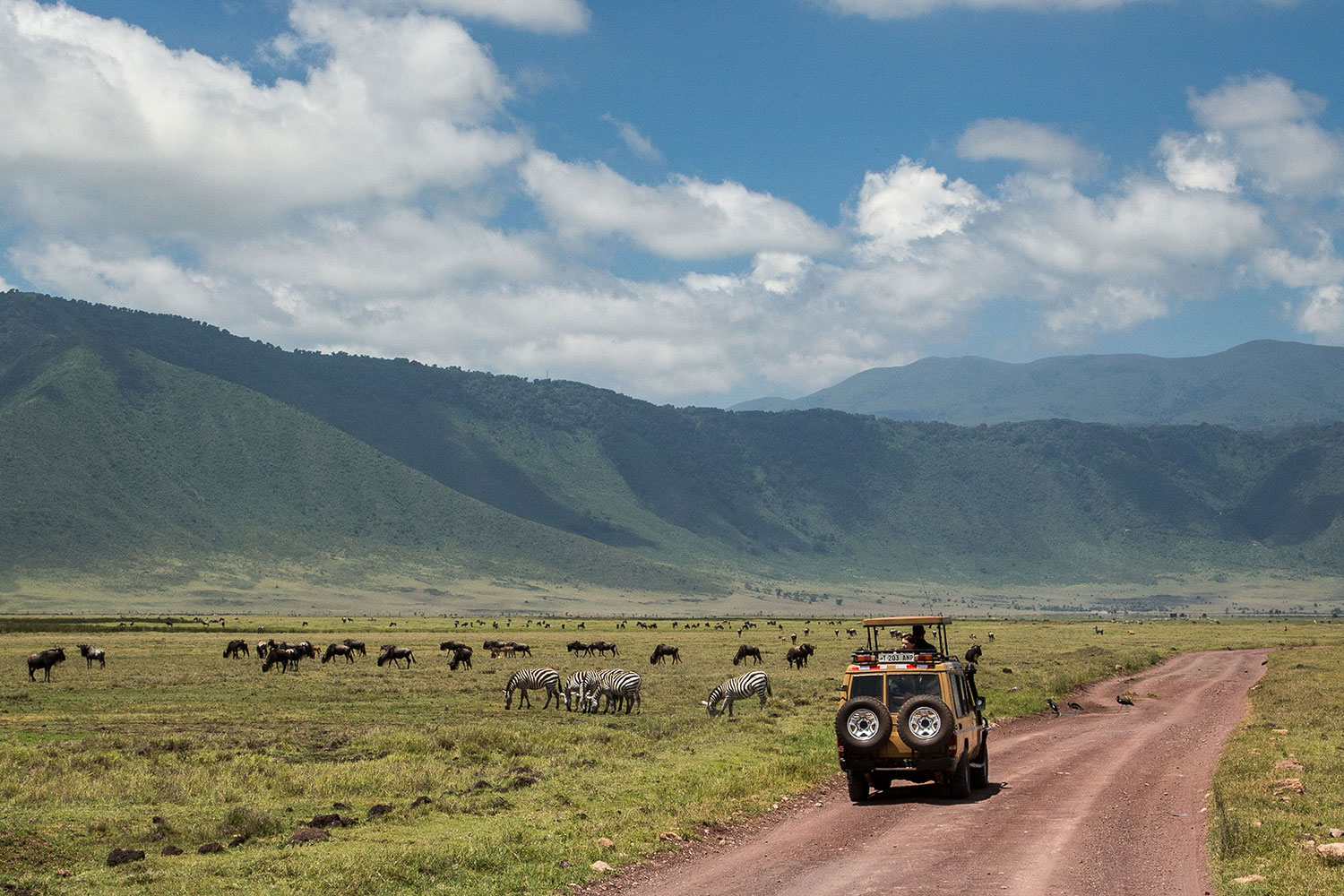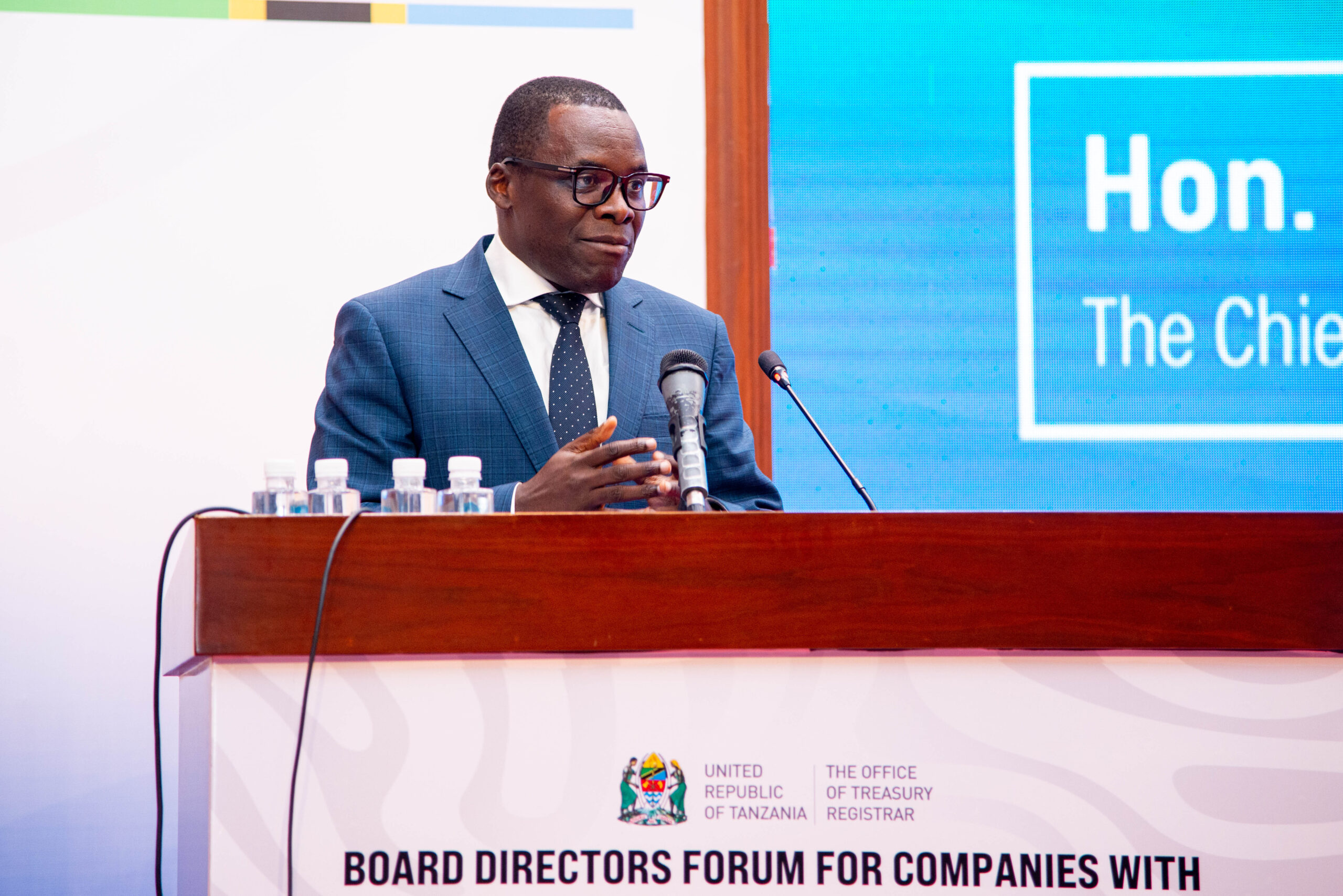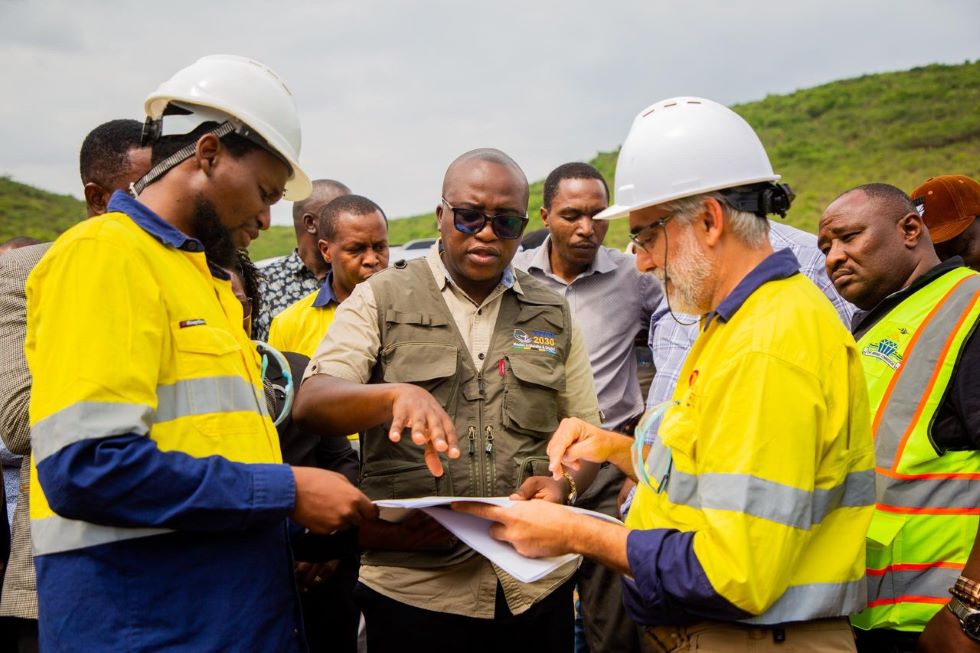Dodoma. President Samia Suluhu Hassan has launched the 2023 edition of Tanzania’s Education and Training Policy, 2014.
The new policy is a revised framework aimed at transforming the country’s education system to meet modern socio-economic demands.
The overhauled policy introduces significant reforms, including an extended period of compulsory education, enhanced vocational training, and a broadened curriculum incorporating additional foreign languages and practical skills.
Speaking at the launch ceremony in Dodoma on Saturday, February 1, 2025, President Samia reaffirmed the government’s commitment to ensuring that education equips young Tanzanians with the necessary skills for employment and self-sufficiency.
The event was attended by senior government officials, education stakeholders, teachers, and students from both Tanzania Mainland and Zanzibar.
Key reforms in the new policy
Under the new framework, compulsory education has been extended from Standard Seven to Form Four, ensuring students complete their basic education at the age of 16 instead of 12 or 13.
President Samia emphasised that this change is crucial to bridging the skills gap among school leavers.
“A child who completes Standard Seven at 12 or 13 lacks the vocational training needed for apprenticeship and is too young for legal employment. This often leaves them dependent on their families,” she stated.
“By extending compulsory education to Form Four and integrating vocational training, we are ensuring that every child leaves school with employable skills.”
The revised curricula will also introduce additional foreign languages and practical training to prepare students for a competitive global job market.
Reforming the education system
President Samia noted that the policy is part of a broader effort to reform Tanzania’s education system.
She highlighted that, during the colonial era, education was neither compulsory nor universal, benefiting only a privileged few and leaving the majority of the population illiterate at independence.
“At independence, Tanganyika had only 3,100 primary schools, none of which went beyond Standard Four, and no university. Zanzibar had just 62 primary schools and no university,” she said.
“Today, we have 20,533 primary schools, 6,269 secondary schools, and 35 universities nationwide. Every Tanzanian child now has access to education.”
Since 2021, the government has constructed 1,649 new primary schools, 1,042 secondary schools, and four regional Vocational Education and Training Authority (VETA) colleges, with an additional institution under construction.
Construction of VETA colleges in 64 districts across the country is underway.
Former President Jakaya Kikwete, chairman of the Global Partnership for Education Fund, commended the new policy, describing it as timely and transformative.
He noted that the last major education policy review took place in 2015, and rapid technological and economic changes have since necessitated a fresh approach.
“The world has changed dramatically, and so have the skills required in today’s workforce,” Mr Kikwete said.
“This new policy marks a crucial step towards an education system that prioritises high standards and practical skills.”

